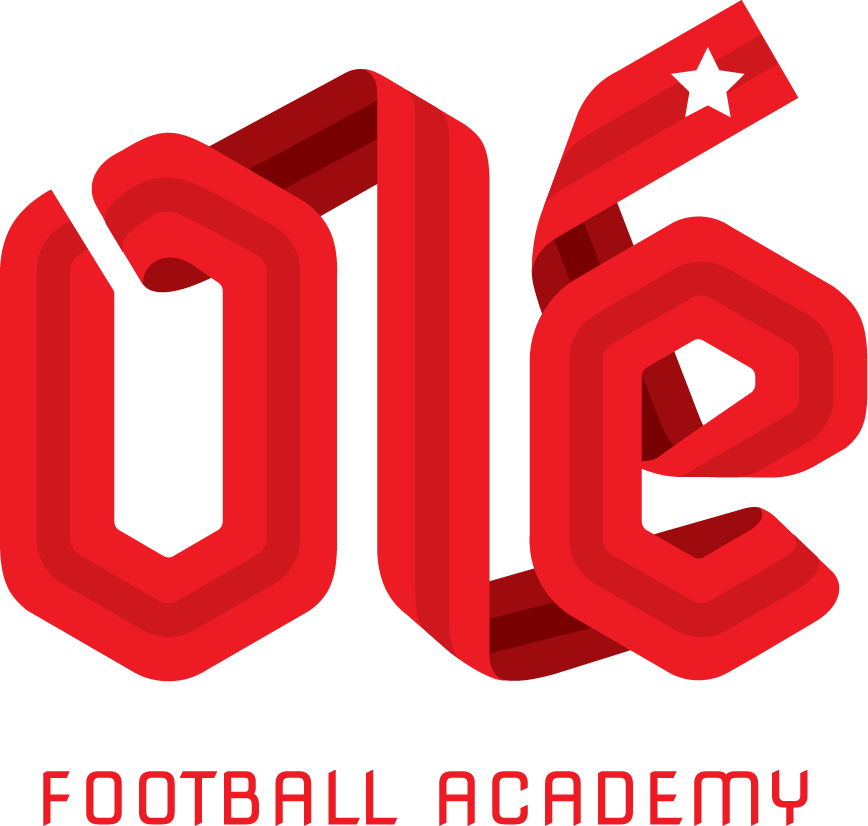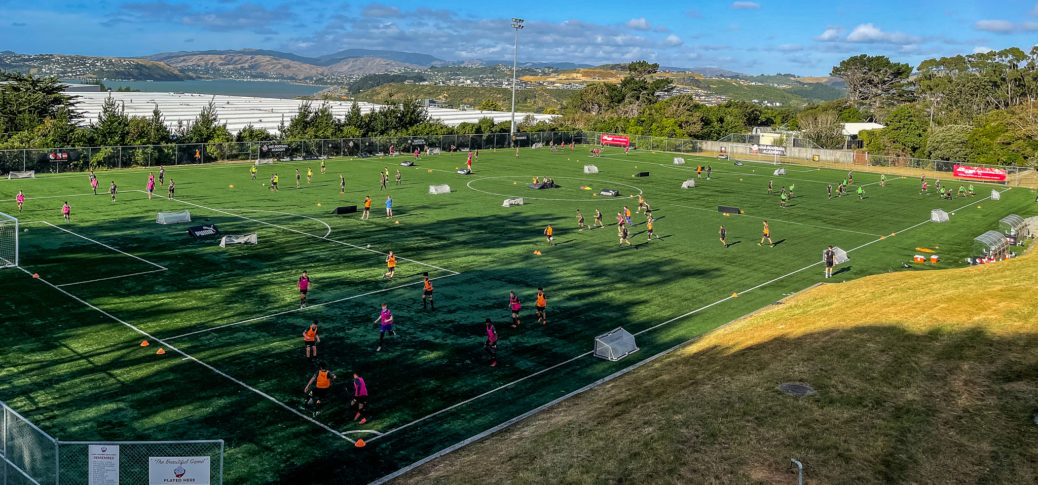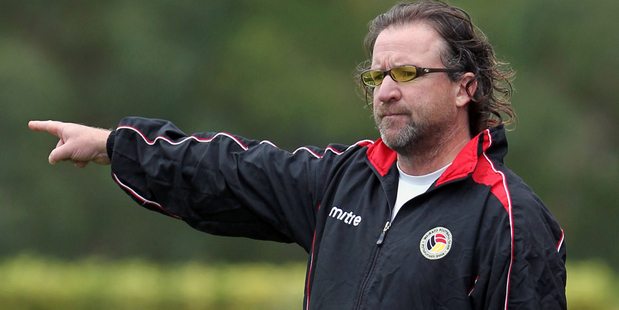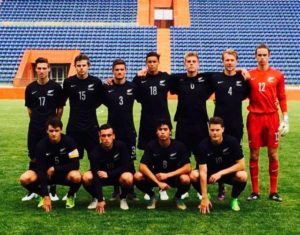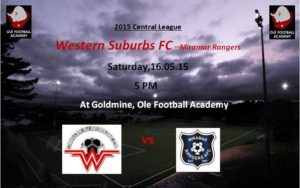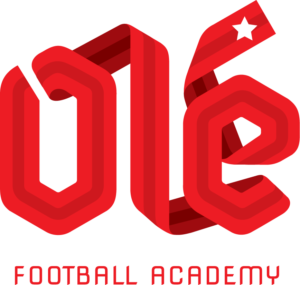Kia ora Olé parents and whānau,
The 2020 Winter Season is underway, and we couldn’t be more grateful to be back out there doing what we love!
Being early in the season, the Olé team thought it would be timely to share some thoughts with you all about “Taking a Step Back,” literally and figuratively, particularly with our Junior and Youth teams (Grades 11 – 15)
With many years of experience behind us, there are some helpful things we’ve observed and learned along the way, which we’d love for you to read, lean into and take a moment to reflect on.
E + O = P
One of our favourite equations is: Environment + Opportunity = Potential. We believe in nothing more than the potential of the young, Kiwi player, and we do our best every day to provide a fun, supportive and challenging learning environment where young people have the opportunity to become the best they are capable of becoming and fulfil their potential as people and players.
First Up…
It’s important to acknowledge how many great things are happening out there each weekend. Enthusiastic players who are eager to give their best for themselves and their team, having fun and consistently working hard to apply what they’re learning in training to drive the style of play on Game Day.
We are lucky to have engaged and supportive parents, who play such an important role in each players’ journey. It’s our hope that we can work with you all to continue to foster this environment for the young, New Zealand player, here at Olé.
Disruption in the Frequency
One thing we would like to bring attention to, is the disconnect, which we feel sometimes occurs between training and Game Day.
As you’ll be aware, Olé requests that parents do not observe training sessions. This is based on a large amount of best practice research we have conducted inside the academy. It supports us to create an optimal learning environment, for both coaches and players, where everyone can be fully present and engaged, there are clear coach-player-team communication channels and distractions and outside influences are minimal.
One concern for the Olé team relates to Game Day and the amount of parent intervention which can be seen and heard coming from the sidelines. It is a concern that information coming from the sidelines can be contradictory to the team objectives, what coaches are communicating, and is interfering with the delicate cognitive learning and decision making processes going on in every moment for each player. We often observe completely different behaviours from players between training and Game Day environments.
While we understand this may be your “one chance” each week to watch your child/ren play, it is important to note, that from our point of view, Game Day is simply an extension of the learning environment and the development process we spend numerous hours fostering in each training session. There are many other ways to be involved and show your support!
Staying Connected – Working Together
So what can you do? Here are a few expectations and ways to help manage the disconnect on Game Day:
- Literally, take a step back. Oftentimes, we will actually see parents and supporters ON the pitch while the players are playing!
- Remember, it’s a game. Above all, it should be fun. Let Them Play.
- Please refrain from communicating “football related information” to the players during the game. For example: “pass there,” “move there,” “shoot,” “man on,” “get back,” “mark that player” etc
- If there is an Olé coach at the game, please allow them to work exclusively with the players and the team manager
- If there is not an Olé coach at the game, please allow the team manager to work exclusively with the team. Olé brief the team managers about working with the team on occasions that we can’t be there.
- Our preference is that players don’t engage with parents during the game, our preference is to have their focus on the game, their teammates learning and having fun!
- If possible, it’s great to have parents located on the opposite side of the pitch to where the players, coaches and team managers are stationed during the game and at half-time
- Continue to support your player to give their best – Help them manage their sleep, ensure they’re eating nutritious meals, get them to games, talk about having a a great attitude
- Encourage your player, support them, and the team! But remember, encouragement is different from giving football information!
- Please refrain from making comments about the referee, other players and coaches (ours or the oppositions!) You are a role model, the players see and hear you.
- Be mindful of the ride home. Your player might want to talk about the game, they might not! They might prefer to digest it a little, and talk about it later. It’s important to listen. Try to keep your comments or questions centred around enjoyment of the game, what they thought they (and the team) did well or what they learned. Try to avoid getting caught up in the result and analysis. The main thing they want to hear is that you loved watching them play! 🙂
We hope these are some clear and helpful points. This is in no way meant to upset, offend, challenge or exclude anyone. Our #1 objective is to work in the best interest of the player and their development. We think it’s important for you to be aware of the things you can do to support us and the players to keep improving and maximise potential.
Here is a list of resources we’ve put together for any parents interested in learning more:
- Changing The Game Project: Shifting The Paradigm
- Changing The Game Project: The Ride Home
- Player Development Project: Learning Begins When Teaching Stops
- Player Development Project: Let Them Ride
- PlayerDevelopmentProject: US Soccer Dropouts
- Soccer Parenting Summit: Sideline Pass
- FFA Coaching Resource: From Fightball to Football
- TOVO Blog: Why Your Player’s Talent Is Irrelevant
- Mark Upton: We Can’t Be Our Best Until You’re Your Best
- Olé T.V. Episode 9: A Parent Perspective (Above)
- Just Kickin’ It Podcast Episode #93: Todd Beane
Control What You Can Control
We have received a number of questions surrounding players’ team placements and training groups. There are many tricky things to navigate with the number of players we look after, but we’re open to answering questions and doing whatever we can to ensure your player is having the best possible experience.
However, players can’t generally control what team they’re placed in, which coach they work with or whether it rains or shines! Often, we will simply encourage players to “Control What You Can Control.” So, what can a player control? Simple. Their attitude. Their work ethic. How they choose to respond to challenges (they are everywhere!) Being a good teammate. Their desire to learn and improve. This would be a great conversation for you to have with them, as well.
Please let us know if you have any questions, comments or concerns. We’re always here and open to discussion!
The Olé Team
